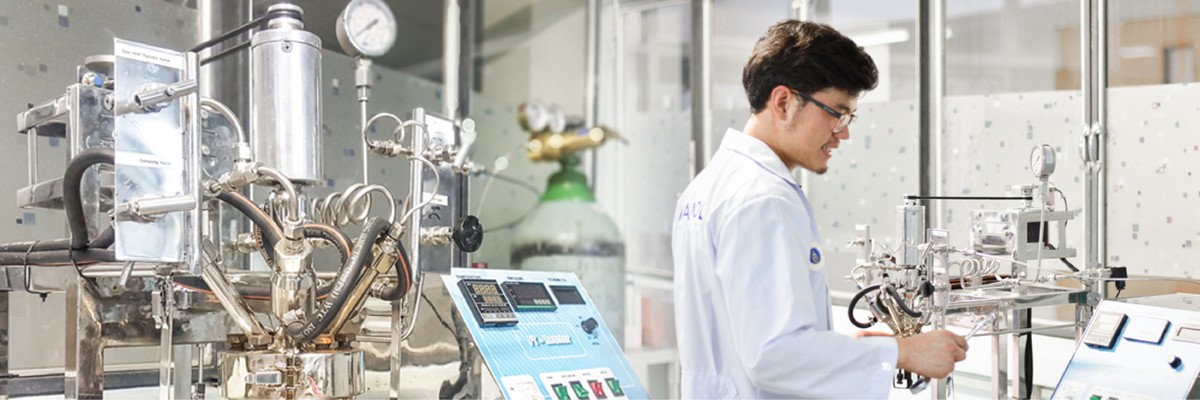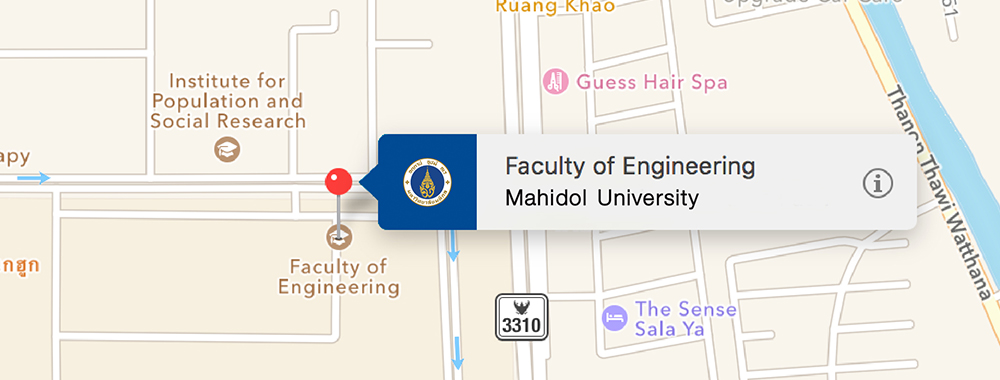Reactor produces the high-value substances and bio-oil from biomass

Thailand currently is one of the world's leading biomass producers, in which various kind biomass-based materials, such as waste and residual from palm oil industries and biodiesel production, sugarcane wastes from sugar industries, and cassava biomass from the cassava processing industries are available. Empty fruit bunch (EFB) of oil palm is one potent biomass, used as solid fuel in boiler. However, it provides low heating value that leads to boiler fouling, deteriorating efficacy of the boiling system.
Then, it is in our best interest to valorise the oil palm EFB that is categorized as lignocellulose, consisting of three main components: cellulose, hemicellulose, and lignin. While the cellulose and hemicellulose can be hydrolysed to reducing sugars for the bio-chemical industry, lignin can be used for a production of higher value chemicals for the food and pharmaceutical industries, such as vanillin, syringaldehyde and phenol. In order to valorise lignin, we design and build a pilot scale reactor that can undergo catalytic hydro-pyrolysis reaction of lignin, or convert certain biomass to liquid fuels, e.g. biodiesel and gasoline, depending on reaction conditions and types of catalyst.

